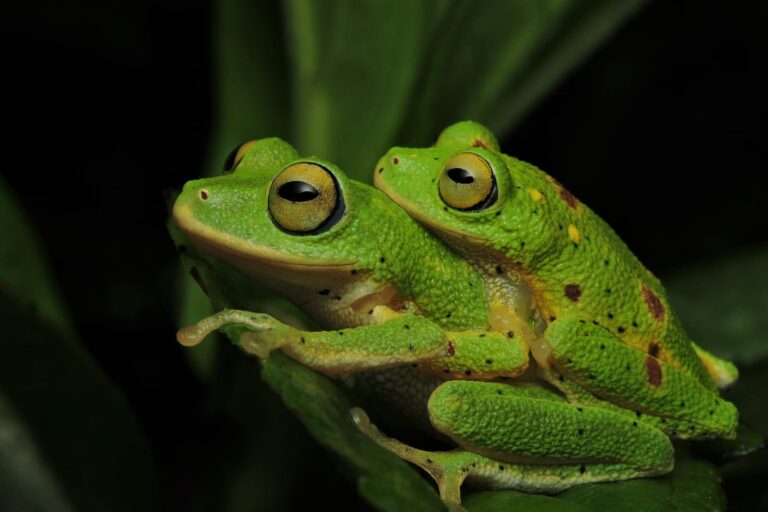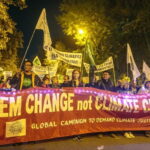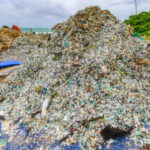COLOMBO – During the Ice Ages, there was a decrease in global sea levels, creating a land bridge between Sri Lanka and India, only to have the then-warmer interglacial periods reverse this, isolating the Indian Ocean island. This triggered cycles of connection and separation that enabled gene flow with the mainland, followed by periods of isolation that drove speciation resulting in the rich biodiversity Sri Lanka harbors today. A recent study is offering fresh insights into how human-induced climate change may be reversing this evolutionary success story. The very species that evolved as endemics during these ancient climatic shifts are today among the most at risk. “We analyzed 233 endemic vertebrate species, including amphibians, reptiles, birds and mammals” says Iresha Wijerathne of Guangxi University, lead author of the study. While Sri Lanka is home to 370 endemic vertebrates, including 101 amphibians, 154 reptiles, 34 birds and 20 mammals, only 233 had sufficient data for modeling. The researchers used species distribution modeling (SDM) techniques to project the impacts of climate change by 2100. Leaf-nosed lizards (Ceratophora tennentii) are found in the wet tropical montane cloud forests of Sri Lanka’s Knuckles Mountain Range at elevations of 760–1,220 meters (2,490–4,000 feet). Image courtesy of Sanoj Wijayasekara. SDM uses environmental variables like temperature, rainfall, elevation and vegetation to predict how suitable habitats for a species may shift over time. These projections are critical for habitat-specific species with limited ranges, particularly endemics. Globally, climate change is expected to alter species distributions through rising temperatures, shifting…This article was originally published on Mongabay
Search
Recent Research
Want your Blog Article featured on our website?
Research
Featured News
How to Make Your Home More Energy-Efficient in 2026
A practical, future-ready guide for lower bills and a smaller footprint Rising energy prices and
Sustainable Break Rooms: Greening the Office Pantry
Photo by Rodeo Project Management Software on Unsplash A break room may seem like a
Solar-powered AI streetlights to fund coastal highway construction
Nigeria’s long delayed Lagos-Calabar Coastal Highway is set to be rescued by thousands of AI-driven,
Big Data Analytics Enhances Renewable Energy sector
The sun doesn’t send bills, but energy companies using renewable energy do. And to keep
From COP30 to Sri Lanka, indigenous voices shape climate & food sovereignty
COLOMBO — When Indigenous groups converged at the entrance of the U.N. Climate Change Conference
Another threat to reefs: Microplastic chemicals may harm coral reproduction
As the sliver of a new moon shines over Kāneʻohe Bay, Oʻahu, millions of tiny
A Practical Guide to Choosing the Right Organizer Bins Online
Choosing organizer bins sounds simple — until you start comparing sizes, materials, and specs online.
How Lagos traders struggle as styrofoam gradually disappears in markets
Traders have continued to count their losses about five months after the Lagos State Government





